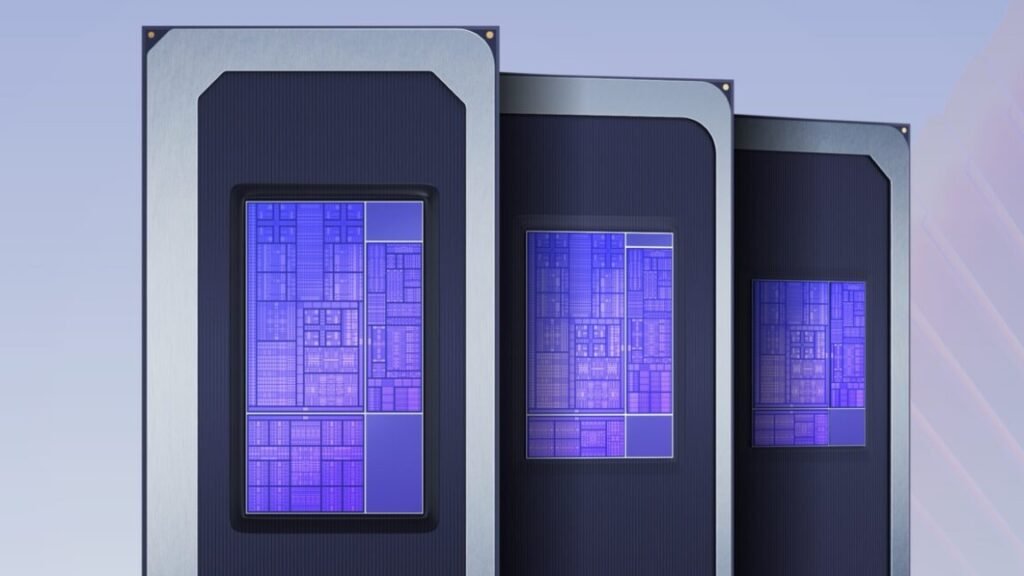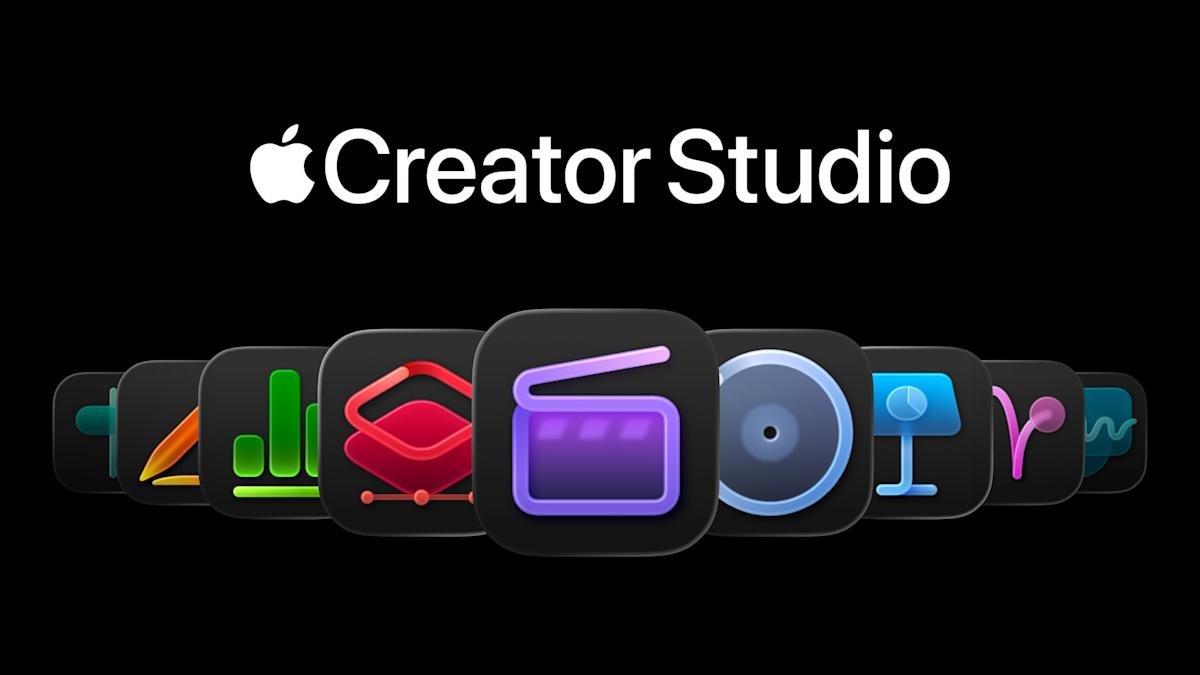Intel has announced its next-generation Panther Lake laptop chips, which aim to simplify its product lineup by replacing the previous Lunar Lake and Arrow Lake series. The new chips are designed to enhance performance while maintaining a consistent architecture across different models.
Expected to ship by the end of the year, the Panther Lake chips will feature a unified design that allows for easier interchangeability among PC manufacturers. This approach contrasts with the previous bifurcated strategy, which led to confusion over the capabilities of different models.
Each Panther Lake chip will utilize Intel’s Foveros packaging technology and will be equipped with the same neural processing unit (NPU), CPU, and GPU architectures. The primary differences among the chips will be the number of CPU and GPU cores, catering to various laptop types from mainstream Ultrabooks to high-end workstations.
Intel’s Panther Lake series will include three distinct configurations: an 8-core version aimed at midrange laptops, a 16-core version for workstations and gaming laptops, and a specialized 16-core model designed for high-end thin-and-light devices. This strategy is intended to streamline production while enhancing overall performance.
Intel claims that Panther Lake chips will deliver up to a 10% improvement in single-core CPU performance and a 50% boost in multi-core performance compared to previous generations. Additionally, the new GPUs are expected to be approximately 50% faster while consuming less power than their predecessors.
On the manufacturing side, Intel is returning to in-house production for many components, although some silicon tiles will still be sourced from TSMC. The chips will consist of three functional tiles, including a compute tile built on Intel’s new 18A process.
As Intel aims to re-establish its reputation in the processor market, the Panther Lake architecture represents a return to a more straightforward design philosophy. The company hopes to leverage this new series to regain competitiveness, particularly in the desktop segment in future releases.



